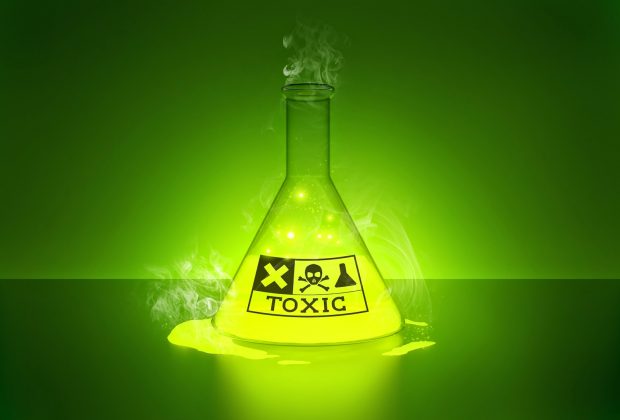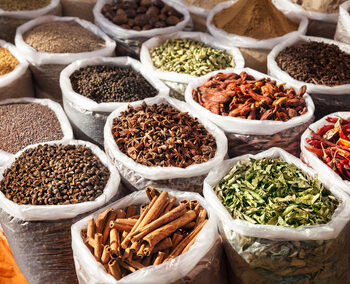Sulphites are in a whole range of foods these days from soup to tea. So what is this substance and why is it in our food? Sulphites are actually inorganic salts that have antioxidant and preservative properties. Our bodies produce sulphites naturally and they also occur in some foods naturally. Sulphites are added to many foods for their preservative qualities. The most common use is in wine. Sulphites are used in wine to arrest the fermentation process and also halt the production of bacteria and oxidisation. Without sulphites some drinks would turn to vinegar. They are also used on fruits and vegetables to prevent browning.
Should we really be using chemicals to make our food last longer?
Sulphites are in the top 12 of all allergens that have to be printed on product packaging. Warnings are more and more common. It seems we are becoming more aware of the problems with this allergen.
How bad it it?
There is evidence that sulphites are responsible for fibromyalgia and many other illnesses. Asthma sufferers should be careful as sulphites are known to cause breathing difficulties.
Other symptoms known are skin problems, including itchy skin, rash, and hives, digestive problems including stomach cramps, nausea, diarrhea and respiratory problems including wheezing, coughing, tightness in the chest and difficulty breathing.
How to avoid sulphites
We still know very little about sulphites and their long term effects on the body. The best advice is to avoid them as much as possible until more research comes to light. You may not be able to avoid them all together but there are some foods you can eat to help in converting the toxic sulphite into the useful enzyme sulphite oxidase. This enzyme is extremely useful to us as it is anti-inflammatory and an anti-depressant. The enzyme needs enough molybdenum and riboflavin (vitamin B2) in order to work efficiently. You can get these from foods such as peas, red cabbage, leafy vegetables (including broccoli and spinach), cauliflower, pulses, grains , nuts and buckwheat.
The following is a list of E numbers to look out for when trying to avoid this toxin.
E220 Sulphur dioxide
E221 Sodium sulphite
E222 Sodium hydrogen sulphite
E223 Sodium metabisulphite
E224 Potassium metabisulphite
E226 Calcium sulphite
E227 Calcium hydrogen sulphite
E228 Potassium hydrogen sulphite
E150b Caustic sulphite caramel
E150d Sulphite ammonia caramel









